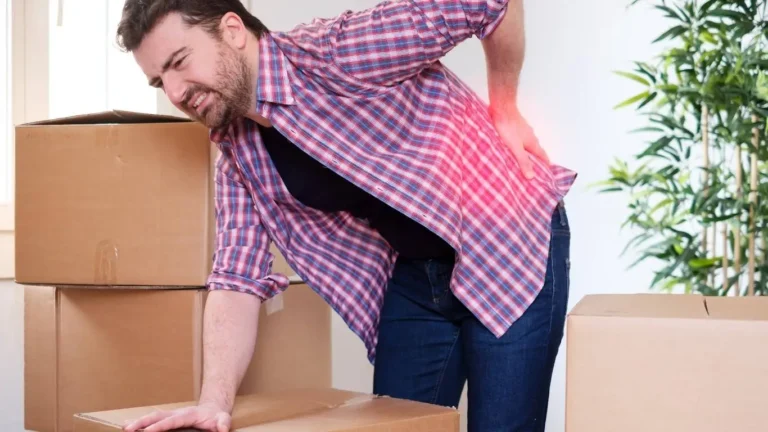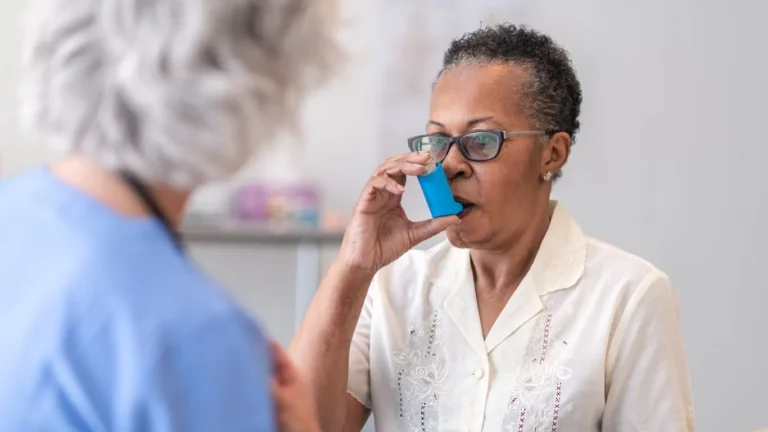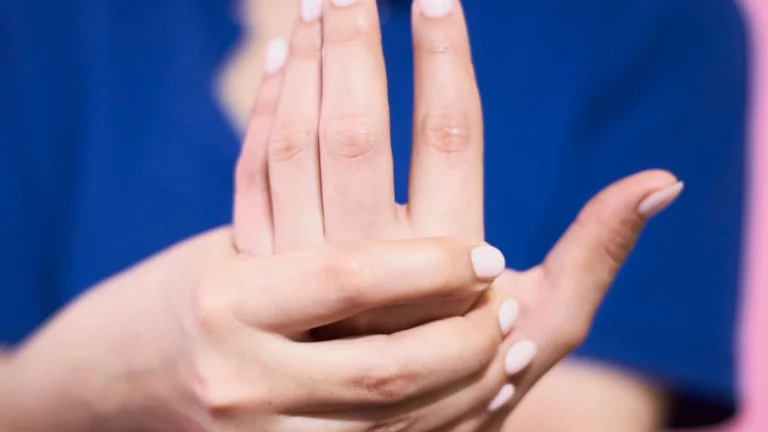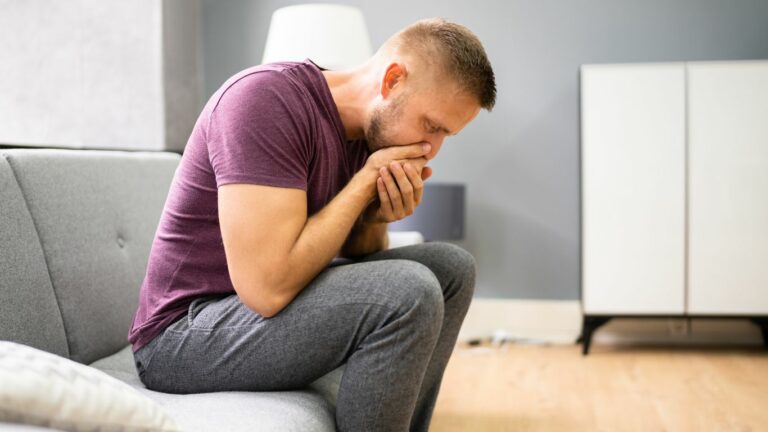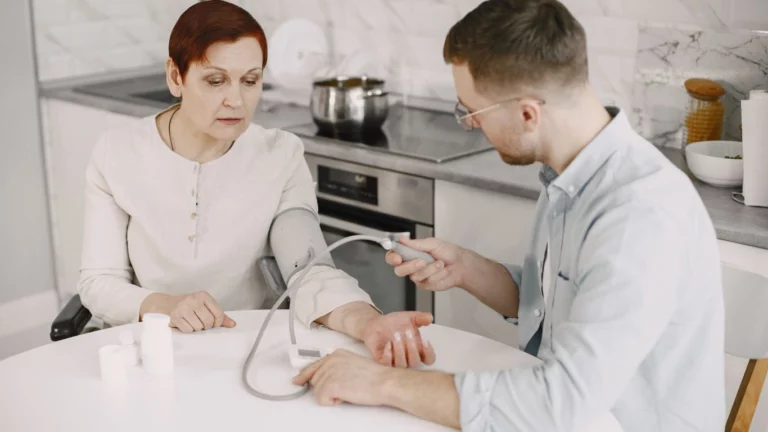The Shocking Link Between Hypertension and Muscle Cramps You Must Know
Ever had a painful muscle cramp strike out of nowhere? You know the type—one moment, you’re relaxing, and the next, your calf tightens up like a rock, leaving you scrambling for relief. If you’re dealing with hypertension (high blood pressure), you might be surprised to learn that those annoying cramps could be linked to your condition. As someone who has spent years diving into hypertension research and working with patients, I’ve seen this overlooked connection firsthand. So, let’s get into it—why does high blood pressure seem to bring along these frustrating muscle spasms?
Can Hypertension Really Cause Muscle Cramps?

It’s easy to dismiss muscle cramps as nothing more than a minor annoyance, but for people with high blood pressure, they can signal something deeper. While hypertension itself doesn’t directly trigger cramps, several factors tied to high blood pressure do.
1. Medication Side Effects
If you’re managing hypertension, there’s a good chance you’re taking medications like diuretics or beta-blockers. While these meds help control blood pressure, they can also deplete essential minerals like potassium and magnesium—two key players in muscle function. When these electrolytes drop too low, cramps can hit, especially in the legs.
2. Poor Circulation and Muscle Function
High blood pressure can lead to narrowed blood vessels, which means your muscles might not be getting enough oxygen-rich blood. Poor circulation can make muscles more prone to cramping, especially after physical activity or even just sitting for long periods.
3. Dehydration and Electrolyte Imbalance
Many people with hypertension are advised to reduce sodium intake, which can sometimes lead to an imbalance in other electrolytes. Plus, if you’re on diuretics, you’re losing fluids more frequently. Dehydration is a common trigger for muscle cramps, and when your body doesn’t have enough water, your muscles tend to rebel.
Recognizing Hypertension-Linked Muscle Cramps

Not all muscle cramps are related to high blood pressure, so how can you tell if yours might be? Based on my experience, here are a few telltale signs:
- Frequent nighttime leg cramps: If you’re waking up in the middle of the night with sharp leg pain, your blood circulation and electrolyte balance could be off.
- Cramping after mild activity: If simple movements—like standing up or walking—trigger muscle tightness, it might be linked to reduced blood flow.
- Cramping alongside dizziness or fatigue: If cramps come with other symptoms like lightheadedness, it could be a sign of fluctuating blood pressure or medication effects.
Of course, muscle cramps can happen to anyone, but if you have hypertension, it’s worth paying closer attention to when and how they occur.
Are Your Medications to Blame?
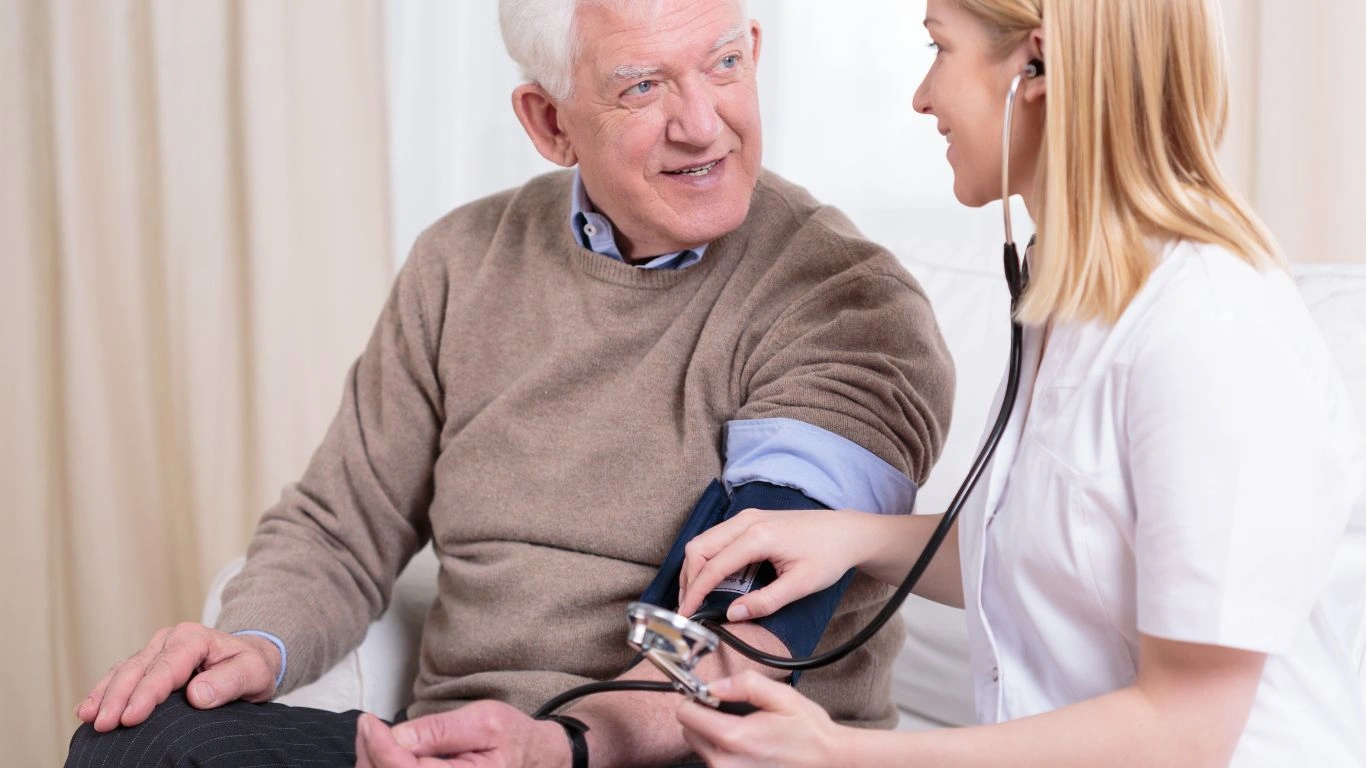
One of the first things I ask my patients when they complain about cramps is what meds they’re taking. Some of the biggest culprits include:
- Diuretics (Water Pills): These help reduce fluid retention but also flush out minerals like potassium, magnesium, and calcium.
- Beta-blockers: While they slow the heart rate, they can also impact circulation, leading to muscle fatigue and cramps.
- Calcium channel blockers: These meds relax blood vessels but can sometimes cause muscle stiffness or spasms in some people.
If you’re experiencing frequent cramps, talk to your doctor about whether your medication could be playing a role. Never stop taking your meds without consulting a healthcare provider, but there may be alternative options with fewer side effects.
Case Studies & Real-Life Examples

Over the years, I’ve seen many patients struggle with muscle cramps, unaware that their hypertension (or its treatment) could be the culprit. Let me share a couple of real-life cases that highlight this connection.
Case 1: The Late-Night Leg Cramps
A 58-year-old patient, Mark, came to me complaining about severe leg cramps waking him up multiple times a night. He had been managing his high blood pressure with diuretics for several years. After reviewing his medical history and symptoms, I checked his potassium and magnesium levels—both were low. We adjusted his medication, added a magnesium supplement, and encouraged potassium-rich foods like bananas and spinach. Within a few weeks, his nighttime cramps significantly reduced.
Case 2: The Weekend Hiker
Linda, a 62-year-old hiking enthusiast, started experiencing muscle tightness and painful spasms during her weekend trails. She was on beta-blockers for hypertension. Her cramps were a result of reduced circulation and mild dehydration. We worked on hydration strategies and switched her to a different class of blood pressure medication. Within a month, she was back to enjoying her hikes—without the painful interruptions.
These cases prove that muscle cramps aren’t just a minor inconvenience; they can be a sign that something needs adjusting in your treatment plan.
Key Takeaways: What You Need to Remember
- Hypertension itself doesn’t directly cause muscle cramps, but the medications, electrolyte imbalances, and circulation issues linked to high blood pressure can contribute.
- Common culprits include diuretics, beta-blockers, dehydration, and poor circulation.
- Symptoms to watch for: frequent nighttime cramps, cramps triggered by mild activity, and cramps paired with dizziness or fatigue.
- Prevention is key! Stay hydrated, maintain a balanced diet, and talk to your doctor if you suspect your medication is causing muscle issues.
FAQs
1. Can lowering my blood pressure improve muscle cramps?
Potentially, yes! If your cramps stem from poor circulation due to hypertension, better blood pressure control may help improve oxygen flow to your muscles. However, if your cramps are due to medication side effects, you might need to adjust your treatment plan.
2. Should I take supplements for muscle cramps?
Magnesium and potassium supplements can help if you have a deficiency, but it’s best to get tested before adding them to your routine. Too much of certain minerals can be just as problematic as too little!
3. What’s the best way to stop a cramp quickly?
If a cramp hits, try stretching the muscle gently, massaging the area, and drinking some water. Applying heat or cold can also provide relief.
Bonus: Additional Resources or DIY Tips
Looking for ways to reduce muscle cramps at home? Try these simple, doctor-approved tips:
- Hydration is your best friend: Make sure you’re drinking enough water throughout the day.
- Stretch before bed: A few simple leg stretches can help prevent nighttime cramps.
- Eat potassium-rich foods: Bananas, oranges, potatoes, and spinach are great natural sources.
- Try Epsom salt baths: The magnesium in the salts can help relax muscles.
Appendix: Table, References, and Call to Action
Electrolytes and Their Role in Muscle Function
| Electrolyte | Role | Best Food Sources |
|---|---|---|
| Potassium | Prevents muscle spasms and supports nerve function | Bananas, oranges, sweet potatoes |
| Magnesium | Relaxes muscles and prevents cramping | Spinach, nuts, seeds |
| Calcium | Essential for muscle contractions | Dairy, leafy greens, almonds |
External References
Disclaimer
The information in this article is for educational purposes only and should not replace medical advice from your doctor. If you have concerns about hypertension and muscle cramps, consult a healthcare professional.
Call to Action
If you’ve been dealing with stubborn muscle cramps and high blood pressure, don’t just brush it off! Talk to your doctor, assess your medications, and make small changes that could make a big difference. Want more tips? Subscribe to our newsletter for expert insights and practical health advice!
#LNF

Dr. Gwenna Aazee is a board-certified Internal Medicine Physician with a special focus on hypertension management, chronic disease prevention, and patient education. With years of experience in both clinical practice and medical writing, she’s passionate about turning evidence-based medicine into accessible, actionable advice. Through her work at Healthusias.com, Dr. Aazee empowers readers to take charge of their health with confidence and clarity. Off the clock, she enjoys deep dives into nutrition research, long walks with her rescue pup, and simplifying medical jargon one article at a time.


